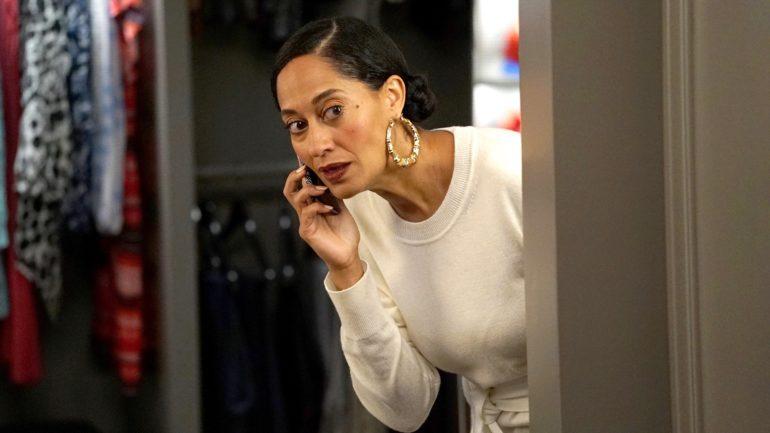Emmys 2019: No Lead Comedy Actresses of Color Nominated
By Danielle Turchiano
LOS ANGELES (Variety.com) – As inclusion continues to be a hot button topic in Hollywood, the 71st Annual Primetime Emmy Awards ensured the importance of the conversation by seeing no women of color nominated in the lead comedy actress category.
This is a noticeable decline in representation, even just looking year over year, with people like perennial favorite Tracee Ellis Ross and newer awards player Issa Rae not seeing a return.
The lead comedy actress category was not the only one to see 100% white nominees this year, but it did contribute to the genre’s overall lack of inclusion. Meanwhile, the drama performer categories proved to be the most inclusive this year.
In drama, there were 38 nominees, breaking down as 55.3% white and 44.7% non-white. Both the guest actor and guest actress categories saw an even 50-50 split, while lead actor sees 66.7% white and 33.3% non-white; lead actress sees 71.4% white and 28.6% non-white; supporting actor sees 85.7% white and 14.3% non-white; and supporting actress sees 100% white. It is worth noting that with “Game of Thrones” taking its final turn at Emmy bat, its performers dominated these categories.
Out of 39 comedy performer nominees, only 12.8% are non-white this year. Greatly skewing these numbers are the lead actress, supporting actress and guest actor categories, which all saw 100% white performers receiving nods this year. Meanwhile, the lead actor and guest actress categories both see 66.7% white and 33.3% non-white nominees, and supporting actor sees 83.3% white and 16.7% non-white. The sophomore year of “Fleabag” dominated these categories in a somewhat surprising twist on the ballot.
Limited series/TV movie this year falls squarely in the middle: Out of 24 performers for those performer categories, 37.5% are non-white, while 62.5% are white. Looking closer at the specific categories, the most inclusion comes in the supporting actor category, where 66.7% of nominees are non-white (33.3% white), followed by the lead actor category, which is an even 50-50 split. The actress categories didn’t fare quite as well: Lead sees 66.7% white nominees and 33.3% non-white, while supporting sees 83.3% white and 16.7 non-white nominees.
This is a noticeable difference from last year, when limited series/TV movie were the most inclusive categories, while drama was the least.
For the 70th Annual Primetime Emmy Awards in 2018, limited series/TV movie proved to be the genre with the most inclusive acting nominees, while drama trailed the farthest behind.
Out of the 25 limited series/TV movie nominees, across lead and supporting male and female performer categories, 56% were white and 44% non-white. The lead actor and supporting actress categories both saw an even 50-50 split, while supporting actor broke down as 57% non-white and 43% white. Dropping the average down significantly was the lead actress categories, in which nominees were 83.3% white and 16.7% non-white.
Over in drama in 2018, there were 37 nominees across acting categories and 76% of them were white (24% non-white). The lead actor ballot included 66.7% white and 33.3% non-white nominees, while on the supporting side 100% of the nominees were white men, and the guest performers broke down as 83.3% white and 16.7% non-white. The women fared worse in the lead actress category: While Sandra Oh made history as the first actress of Asian descent to be nominated in this category, she was the only woman of color celebrated there. In supporting, 85.7% of the nominees were white women, with 14.3% being non-white. Guest drama actress was the one area where drama did a bit better, with 66.7% of nominees being non-white and 33.3% being white.
Meanwhile, among the 38 actors nominated across lead, supporting and guest male and female comedy performer categories, 55% were non-white, and 45% were white. The supporting and guest actor categories were the most inclusive, breaking down as 57% non-white nominees and 43% white nominees for supporting, and 66.7% non-white, 33.3% white for guest. There was an even 50-50 split in the guest comedy actress category. The lead categories didn’t fare quite as well (66.7% white, 33.3% non-white for both the male and female performers), and neither did supporting actress (75% white, 25% non-white).

